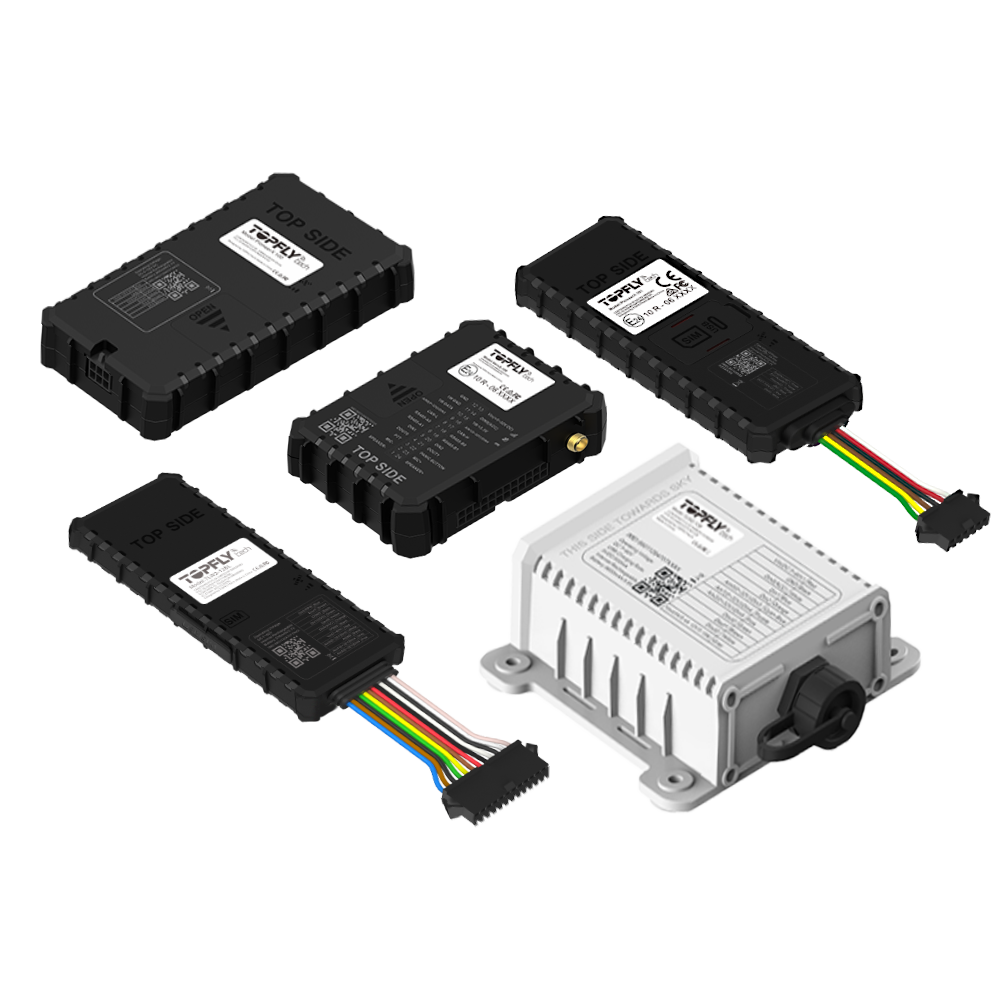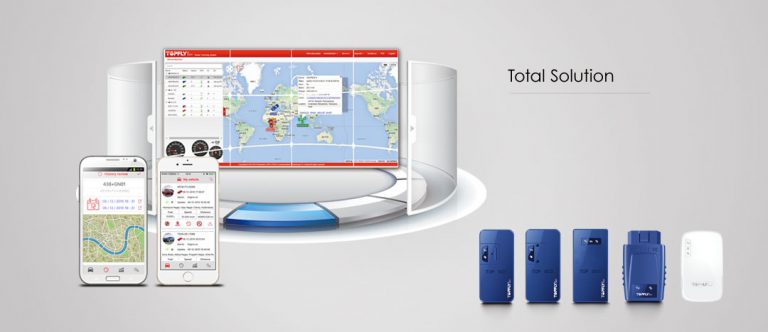
IoT and the GPS tracker: GPS tracking technology has long been used by large fleet operators to monitor vehicle locations in real time. Today, this technology is increasingly accessible to small businesses and consumers, allowing personal and company vehicles to benefit from professional tracking solutions.
By connecting the GPS tracker to a vehicle’s OBD-II port, users can access real-time data on vehicle location, driver behavior, and mechanical status. The OBD-II port, standard in all U.S. passenger vehicles since 1996, provides power to the tracker and allows it to send information via cellular networks to cloud-based servers. Users can then view the data through web platforms or mobile apps.
How GPS Trackers Benefit Businesses
For small businesses, GPS trackers streamline operations by enabling:
- Real-time vehicle monitoring for efficient dispatch
- Route optimization to save time and fuel
- Service alerts and maintenance notifications
- Improved customer communication, providing accurate arrival times
Bob Fiesthumel, Sales Manager of Track Your Truck, explains: “GPS tracking can help a small business essentially in the same way it helps a big business. You can locate a vehicle instantly and route your driver efficiently.”
Enhancing Efficiency and Accountability
While some drivers may initially feel uneasy about being monitored, GPS trackers can reduce inefficiencies and eliminate waste when used responsibly. By providing transparency in driver performance and vehicle usage, businesses can ensure safer, more productive operations.
This technology is no longer just for large fleets; small enterprises and individual users can leverage GPS tracking to gain a competitive edge, improve service quality, and maximize operational efficiency.
– Extracted from http://www.entrepreneur.com


